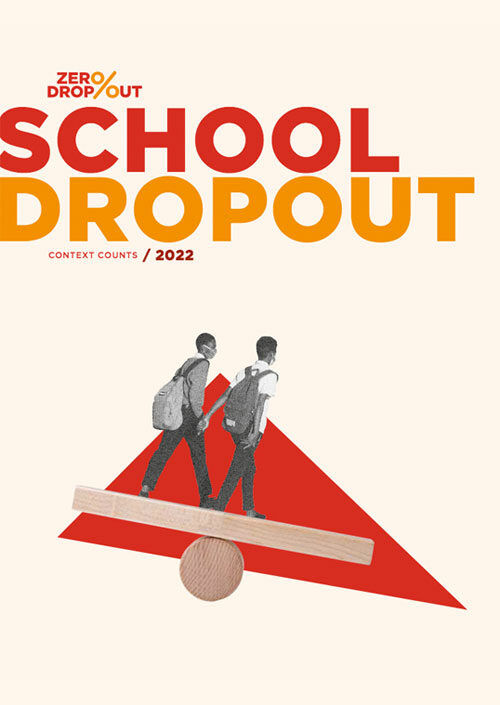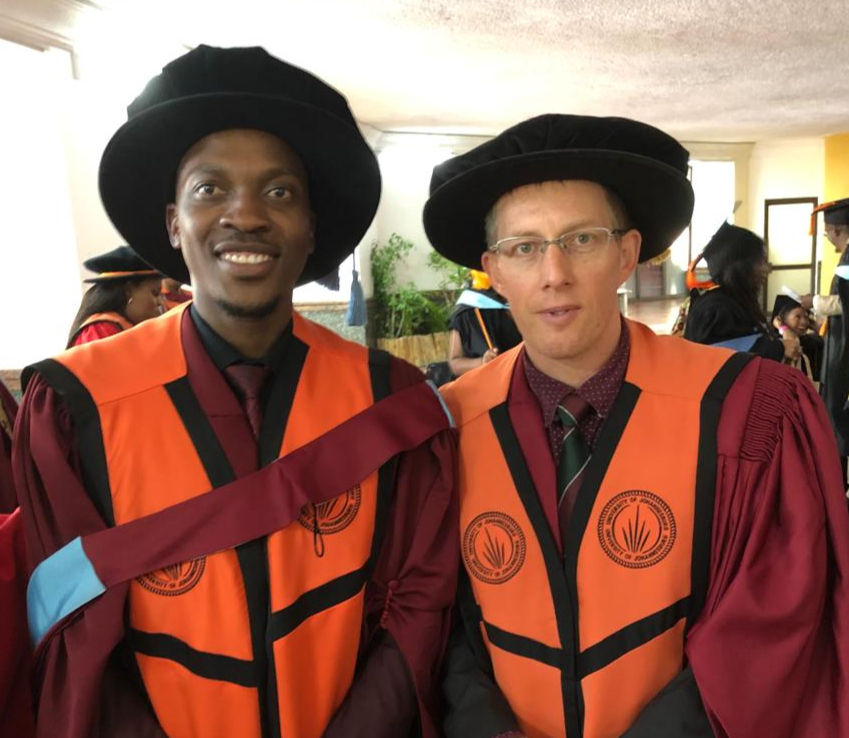School dropout prevention in Kuruman
- Andrew Hartnack
- Jun 26, 2023
- 2 min read
Updated: Aug 8, 2023

In May 2022 I visited Nchweng Village, near Kuruman (Northern Cape), to conduct an ethnographic study of the reasons for school dropout in the area. This portion of the Kalahari is fascinating. The westernmost portion of the former homeland of Boputhatswana lies just northwest of Kuruman town. While the region is experiencing a massive mining boom due to the rich manganese deposits, which are in increasing global demand, most former homeland schools remain severely under-resourced. One interesting historical aspect of the Kuruman area is that the missionary Robert Moffat established his mission station at Kuruman in the 1830s and translated the Bible into an Africa language (seTswana) for the first time. It is sad to see that despite this connection with early scholarly work, the Kuruman area is still so neglected in terms of educational facilities.
The new mining opportunities are also proving to be a double-edged sword. They have brought jobs, and potentially more opportunities for mines to invest in schools and communities. But many youngsters do not see the point of studying when there are menial jobs available on the mines. They witness young men spending their salaries on alcohol at local taverns, and decide to leave school early. Kuruman has also become very dangerous, as criminal syndicates formerly operating on the goldmines closer to Gauteng have recently relocated there. There is a wild-west feel about the place. Yet in the mine-run settlement of Hotazel, where I stayed, it feels like you are in a 1950s time-warp (as in the 1950s car above). I was reminded of pictures of my father as a boy in the copperbelt mining towns of his youth.

I am pictured here with Zero Dropout Campaign staff and members of the local community action club, which is working to keep kids in school.
Read more about this study in my Zero Dropout School report.





Comments